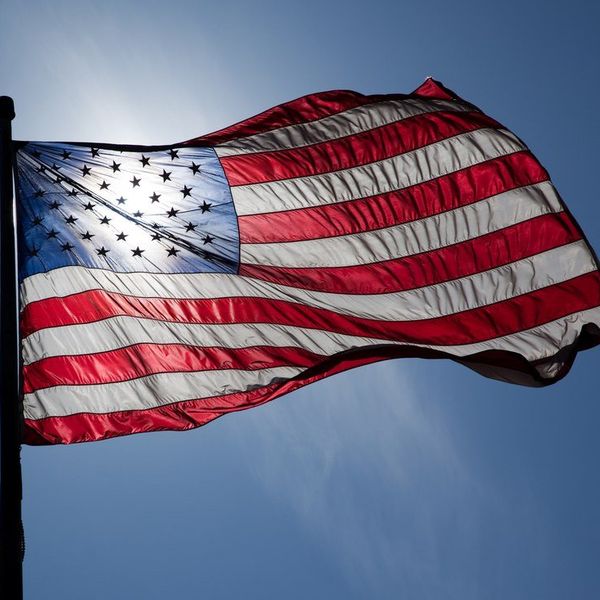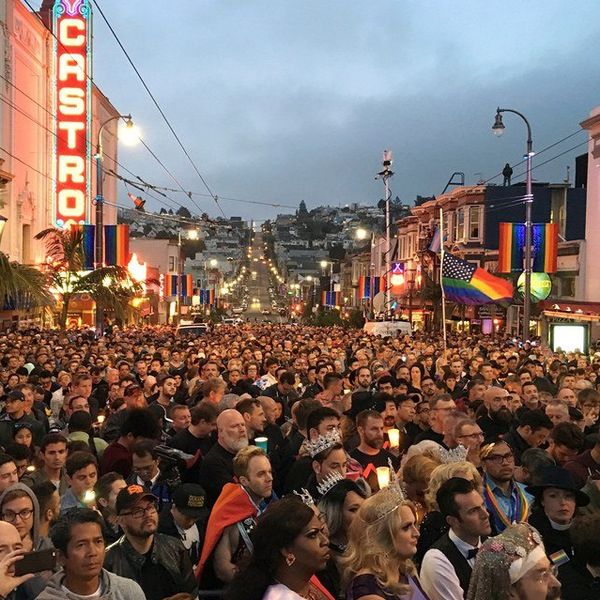We have moved past the point of argument in discourse; the dust has settled. No one seems to say anything new beyond the obvious despair or the less obvious, occasionally genuine, occasionally cautious optimism that the future is, at the very least, plausible.
Because the future is plausible, beyond the flares and the cardboard and the paper built walls that fall in an hour and rise up again an hour later, the future is conceivable. Even when what was thought to be inconceivable has occurred. We are far beyond the time of writing about opinions. They don’t matter anymore, because we have ceased seeking to create our own persuasions for our ideas of a favorable ending and are left looking at the visions of some of us and the nightmares of others.
So wake up.
There is no foreseeable limit to what can be done because you still can write and you still can alter and you still can move forward. But you cannot, under any circumstances, modify the ending. The choice has been made in a system that isn’t always easy, but always produces a result, grants a mandate, and transfers the power. And as I write it is shifting, as I write it is moving towards the inevitability of the future, and all that people seem to do is shout into megaphones in hopes the world will hear them as their dins croscendo. A voice is a weapon because it reminds us, and reminds others, of ourselves. It is our projection. It is not our legacy.
So in response to this election, in response to the aftermath, in response to the fear of a fixed future that remains so uncertain, I encourage you, I encourage all of us, to remember that a voice is just a voice until it makes a change. Or suggests one, or plants the seed of an idea.
You cannot walk out on democracy.
You cannot lose faith in the amplitude of a word when it is risen in coherent dissonance with another’s. You cannot doubt the value of the marketplace of ideas that is born of this confluence. It is the very fabric of our society. It will not be ripped from under us.
But it can be forgotten, and that is the real tragedy. The longer we gloat in our victory or rage at defeat, the more this fabric fades. It depends upon our willingness to put our words into conflict with one another, to consider, to call to action. You can walk out of school, stand before buildings and scream until your throats are numb, but there still remains so much to be done. There is a time to shout and there is a time to wait. Consider your ability to shout. Consider your voice in the expanding discourse. These are the fruits of the same America that causes you to scream; these are the gifts of a society still bound by the un-shakeable ability of its citizens, always, to make change. There is a time to scream, naturally. But when it passes -- as it passes away -- learn to let it go. Learn to redirect your voice and listen to the echoes. Learn to use that voice not as a vessel for fury or glory, but for effect. Dust yourself off, speak in specificity.
In the wake of the expanding future, above all things, believe in something. Believe in your voice. And believe in the voices that dispute it, and dissent it, and rage against it, because it is the root and reason for that dissonance; those clashes are of the very same fabric from which your voice is made. Democracy will not die so long as we never forget, no matter how we speak, that our voices are created of the same fabric.




















